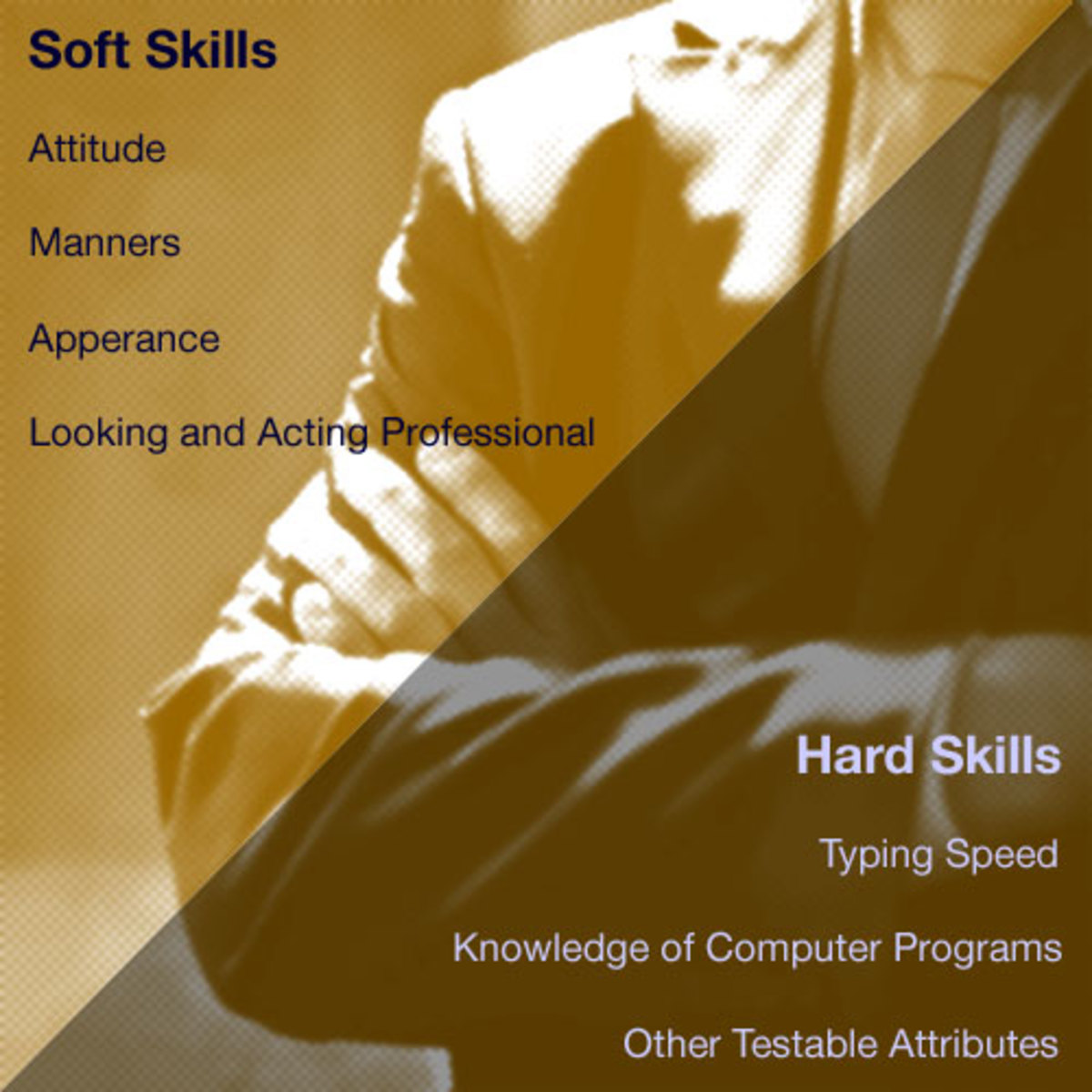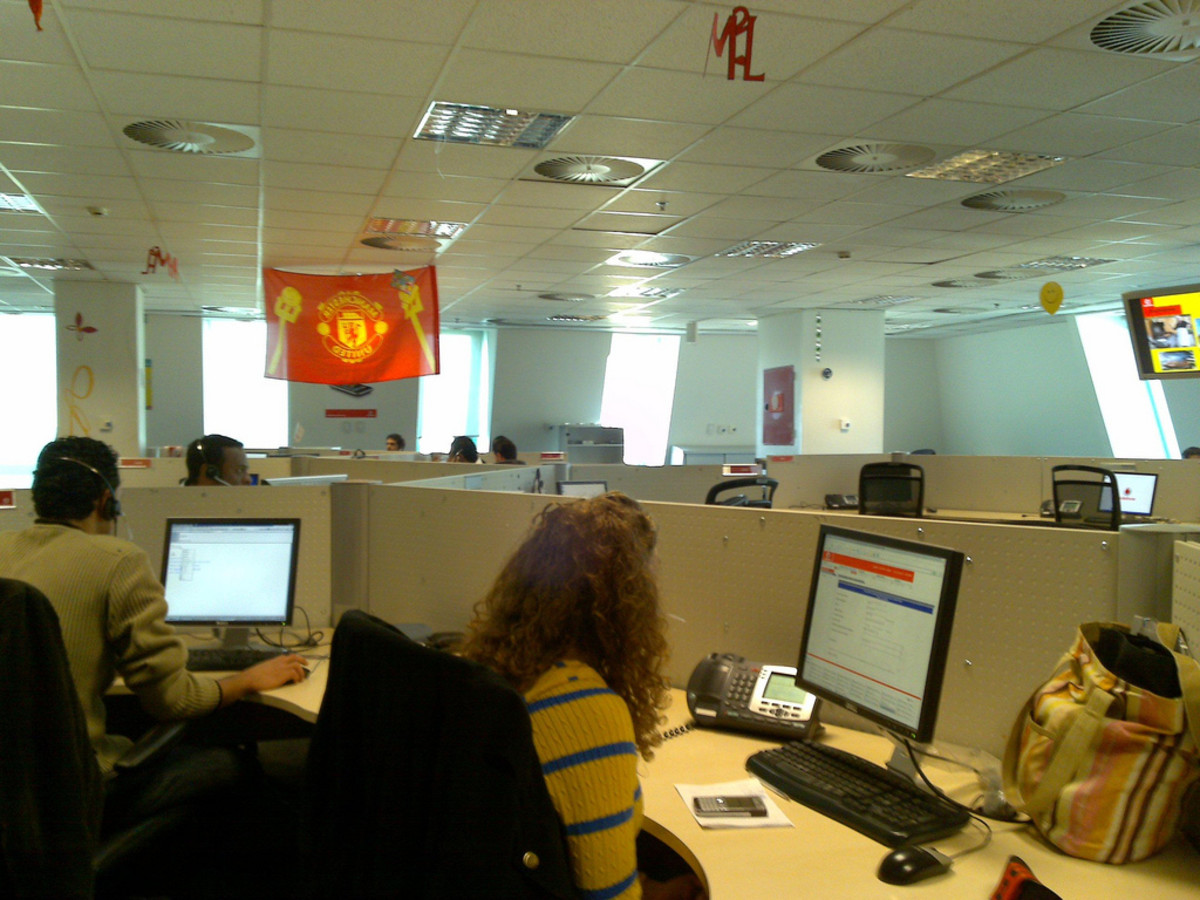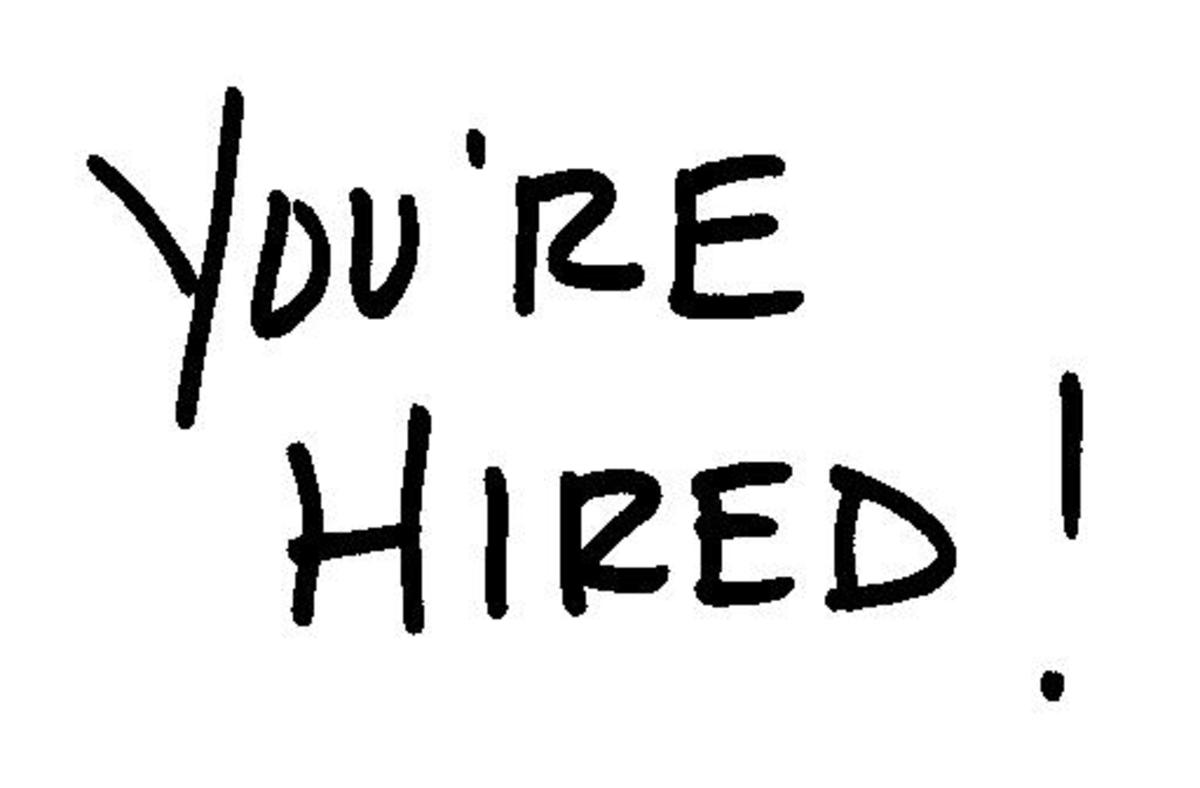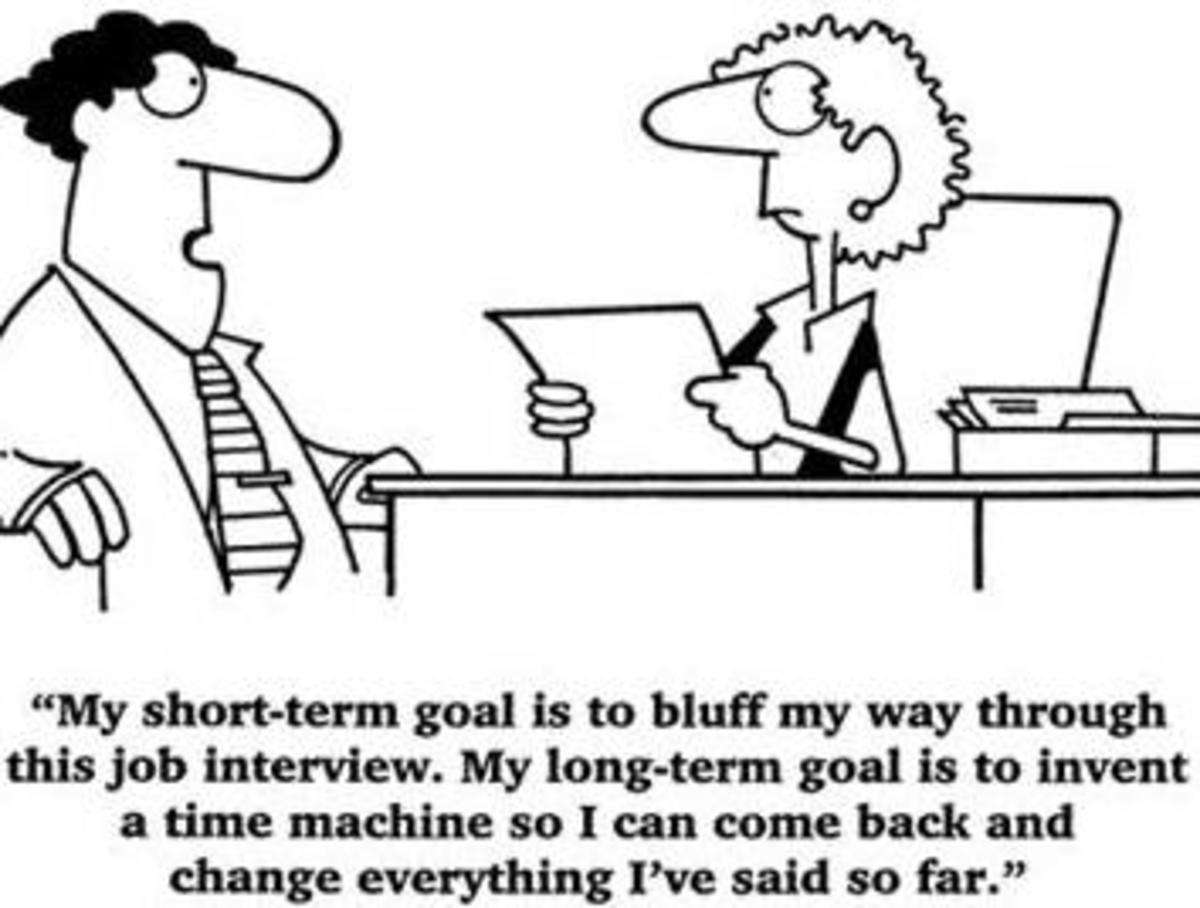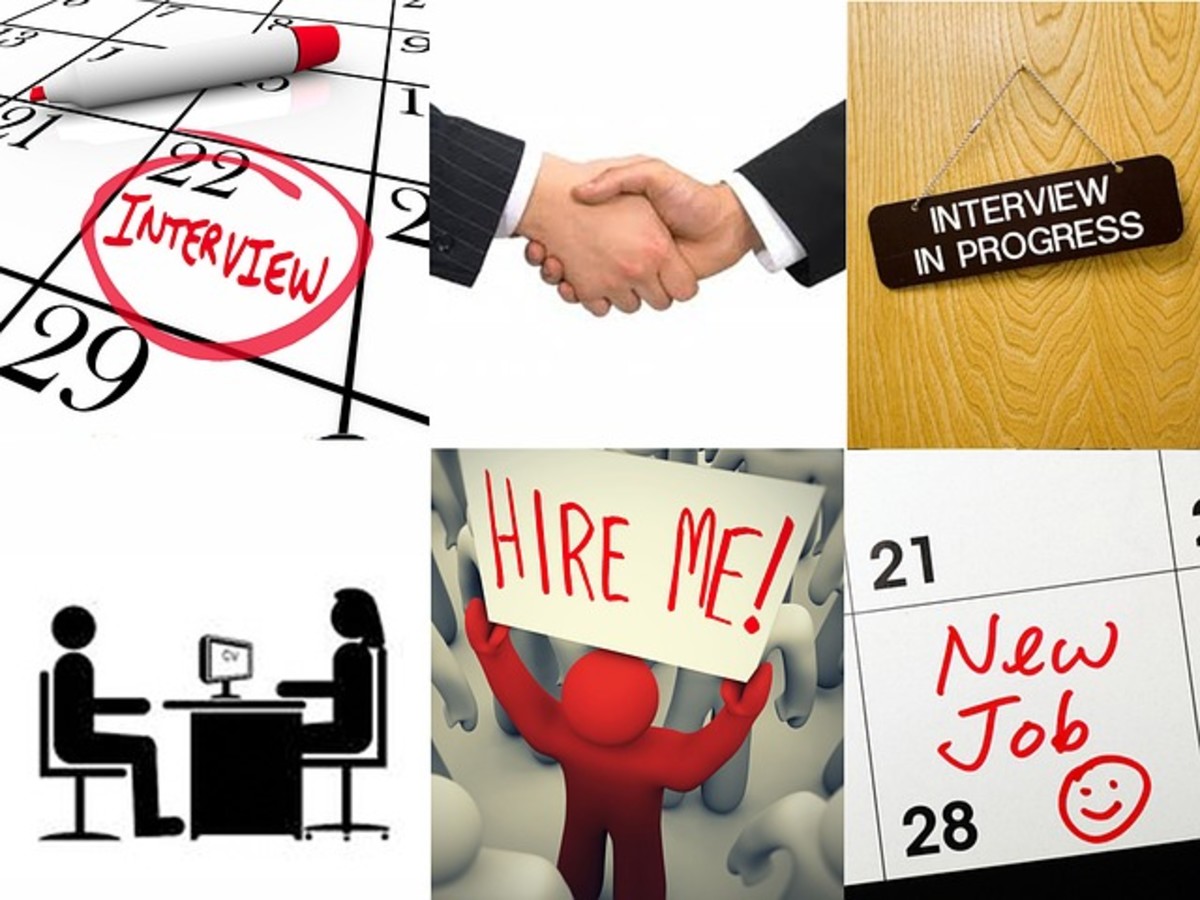- HubPages»
- Business and Employment»
- Employment & Jobs»
- Interviewing for a Job
Best Ways to Prepare for and Answer the Most Common Job Interview Questions

Overview
So you're job searching persistence finally paid off. You got yourself a job interview! You are excited and are rearing to go. But wait...you're out of practice and haven't been to an interview since you landed your last job; and that was over 4 years ago!
What is a guy to do? Simple. Make sure you are:
- Mentally prepared,
- Have answers ready for the most common interview questions,
- and be honest.
Be Mentally Prepared
To facilitate answering common Interview questions, you need to be mentally prepared. To be mentally prepared, you need to:
- Review Your Resume. Make sure you know exactly what is in your resume, and be able to recall details about it on the fly; this will instill confidence in you, including in how you respond.
- Not Look or Sound So Desperate. Tell yourself that you aren't really in need of this job; it will help you from sounding too desperate to get the job, and it will help keep you looking and sounding confident.
- Be Confident that Any Company Would Benefit from You. Keep this in mind...that any company who hires you will benefit from you. If you think this way, you will always try to answer most of the interviewers' questions in relation to how your talent and skills can benefit the company, and not how the job will help you pay for your mortgage or any such personal issues or matters.
Have Your Answers Ready
If you are seeking a professional position, these four questions are almost always asked. Have your answers ready, and answer them with no hesitation.
- Tell me about yourself?
- What are your strengths and weaknesses?
- Why do you think you are perfect for this job?
- Do you have any questions?
Keep this in mind when answering any questions: at the very essence, those hiring are looking for people that:
- are trustworthy and dependable,
- fit their company culture,
- and can help the company succeed
After all, companies are there to make a profit. As such, your answers must support you in this regard.
Tell me about yourself?
Don't think this is an open question to tell them about your favorite book, color, or movie. It isn't even an open question about your hobbies or your off duty activities, unless they relate to the position you are seeking.
They ask this question because they want to hear about your career highlights which exemplify you as a person who can contribute to the success of the company. Examples of these include:
- ideas and suggestions you've given in the past that have saved your current or past company money,
- your capacity to do the job of two or more people (i.e. you have a huge capacity to do work), and
- some of your creative and effective means of making tough decisions and meeting tight schedules.
Telling them about yourself this way will give the hiring manager a better insight into how great an employee and leader you are or can be.
What are your strengths and weaknesses?
When you answer this question, highlight strengths that are very applicable to the position you are seeking. For example:
I'm a quick learner. If I don't know something, I make sure to research and learn it in a matter of days. I'm also very focused; I handle all tasks with priority in mind.
Make sure to give examples to support your assertions.
When you mention you weakness, make sure you also tell them what you are doing to improve or avoid that area. For example:
I tend to take on more than I can handle on occasion, thus resulting in more work that I can handle. I've been working to improve this situation by doing additional planning to determine if I need more resources (time, money, personnel).
Why do you think you are perfect for this job?
This is another one of those questions designed to be open ended. Don't sell yourself short here, because this is your opportunity to be a sales person; you're going to sell yourself.
By all means, take this opportunity to give them more information you didn't get a chance to express earlier.
Make sure the focus of what you tell them points to the talent and the skills you are bringing and how the company is going to be better for it.
Do you have any questions?
When you hear this question, it is an opening for you to turn the tables around. Remember, you want to find a job that is a fit for you as well. There is no use trying to get into a job that you can't stand day-in and day-out. So use this to interview the company about matters you weren't able to research ahead of time.
Be Honest
One of the things you need to remember when answering questions is to be plain honest. Interviewers can sense when you don't really know the answer.
On the other hand, interviewers respect honesty. Just simply say "I don't know, but I can look it up and send you the answer later" if you don't know the answer.
Of course, if your response is mostly "I don't know..." to most of the questions, it probably means this job isn't for you. If this is the case, there is no shame in ending the interview right there and then. Why waste people's time?
Summary
In order to effectively answer the most common questions in an interview, you need to do the following:
- be mentally prepared,
- have your answers ready for 4 of the most common interview questions,
- and be honest.
When you are mentally ready, you'll know your resume inside and out, you won't sound desperate for a job, and you'll sound confident.
Also, you need to tell them about yourself (i.e. what you've done in the past that will benefit the company), enumerate your strengths and explain your weaknesses, tell them why you are a perfect fit for the job, and lastly turn the tables around by asking questions of your own.
Last but not least, be honest; they'll respect you for it.
Reference
The information here are all based on my experience as a hiring manager in the high tech field over the past 15 plus years.


